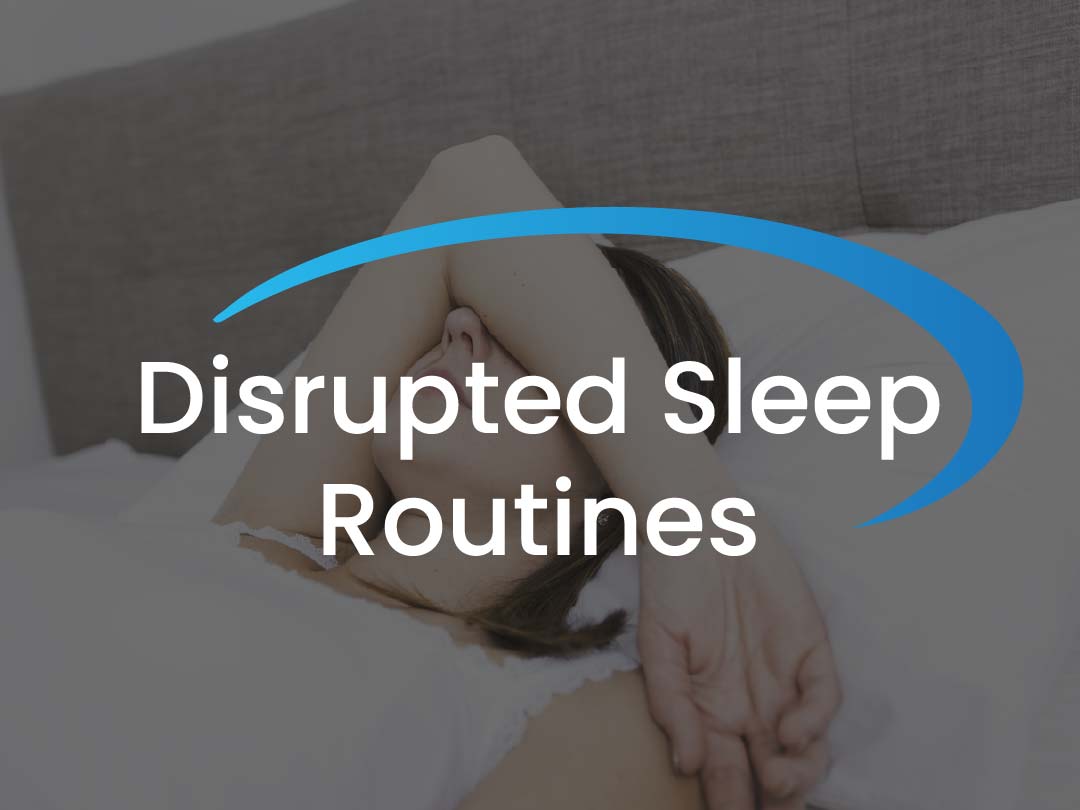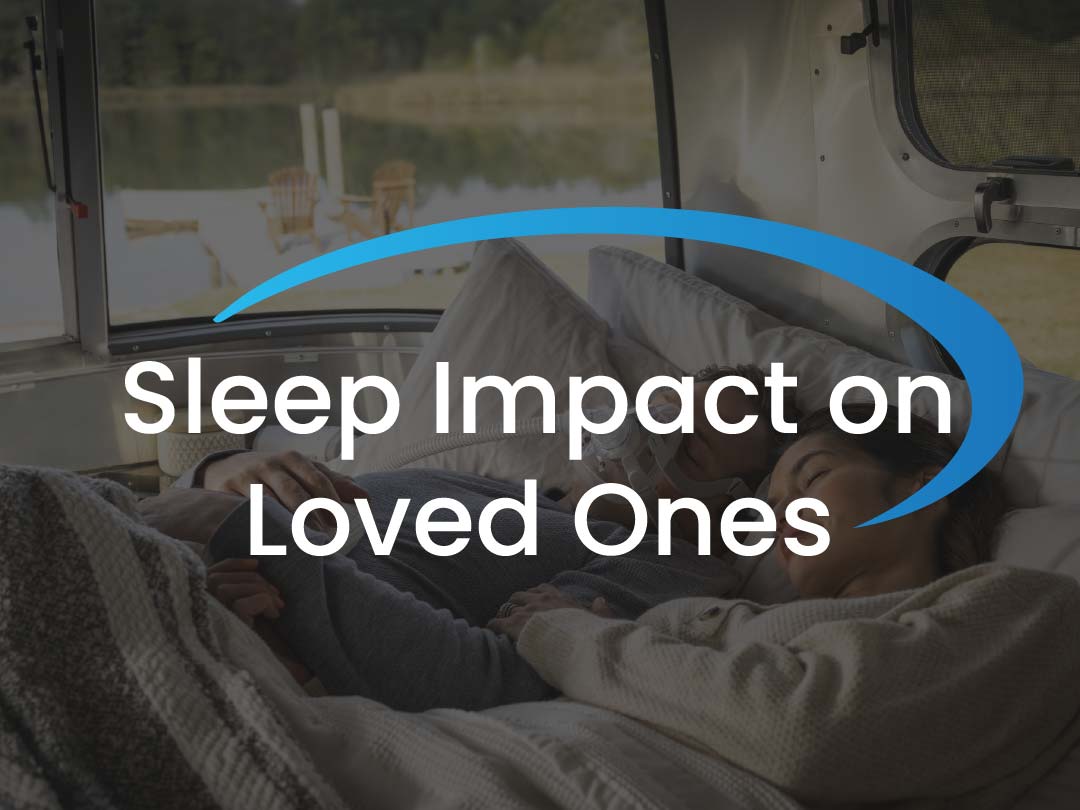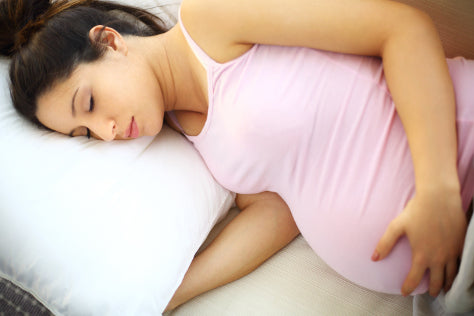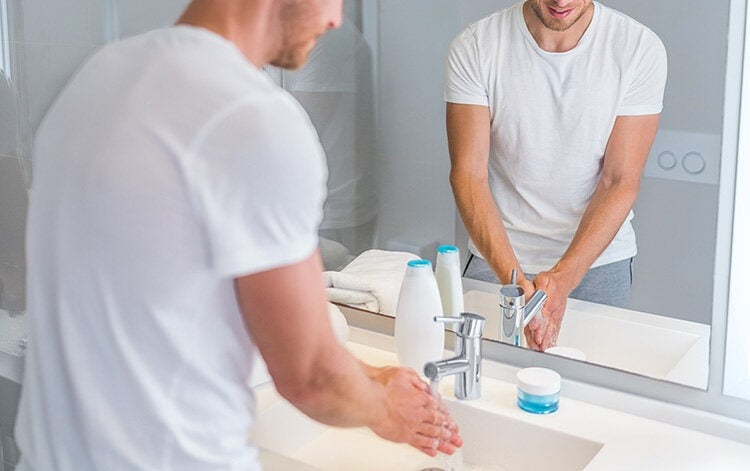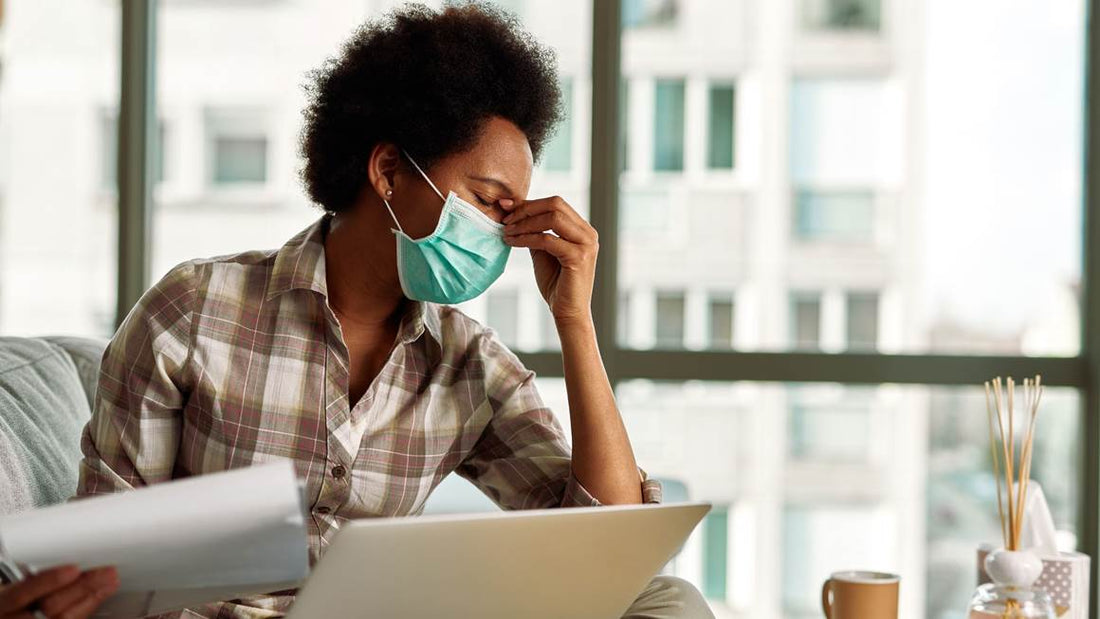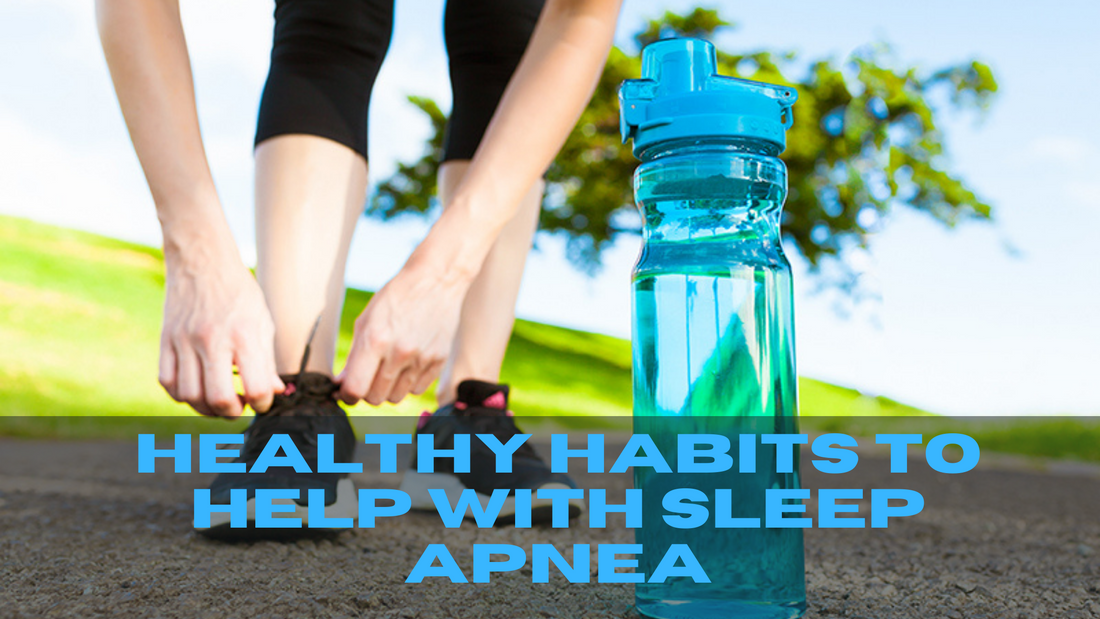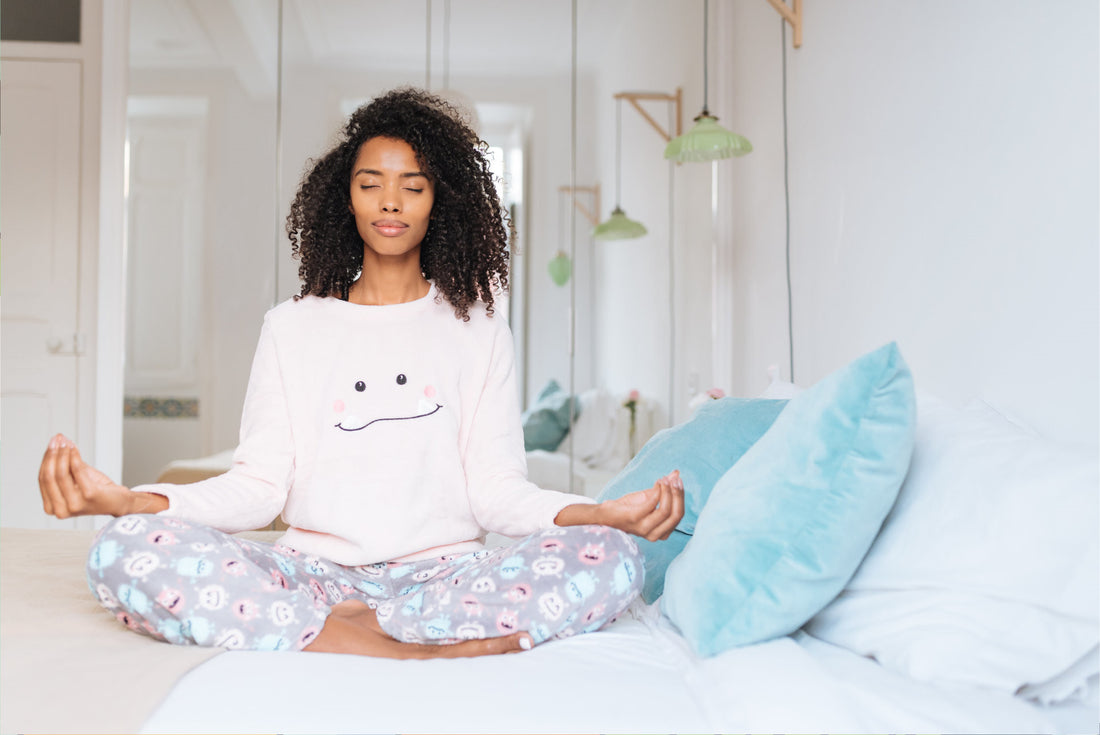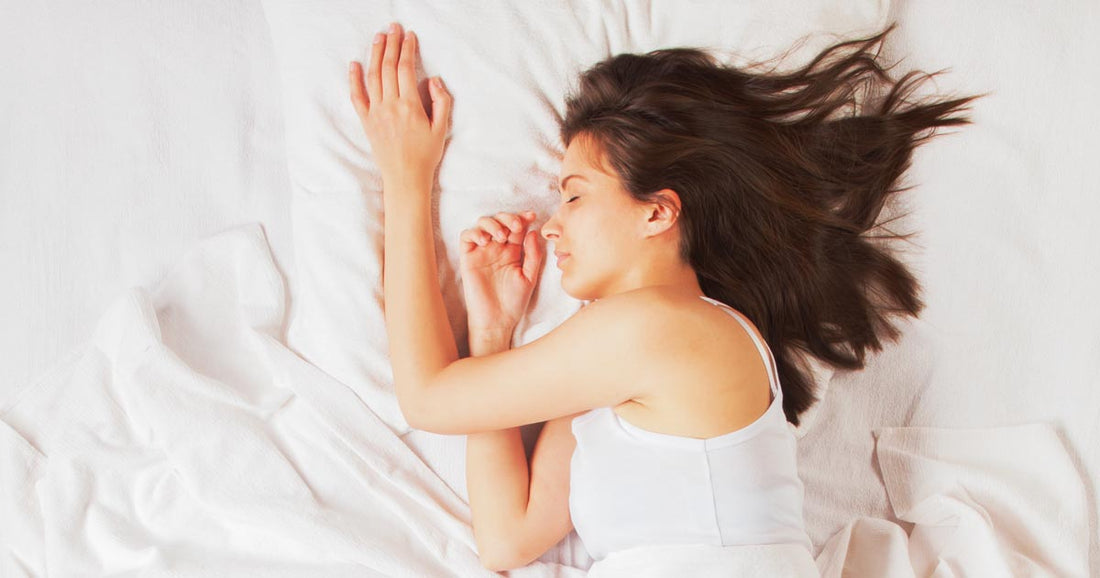News
Sleep Deprivation is Affecting your Love Life
Poor sleep doesn't just affect your health, it can seriously damage your relationships too. Sleep deprivation makes you less attractive to potential partners, reduces your ability to navigate dating successfully, increases irritability and conflicts with your spouse, decreases sexual desire, and disrupts your partner's sleep through restless movements. Understanding these connection points between sleep quality and relationship health can motivate you to prioritize better rest for both you and your loved ones.
about Sleep Deprivation is Affecting your Love LifeHow Aging Changes Your Sleep Patterns
wp:paragraph If you are over age 65 and noticing that your sleep is not what it used to be when you were younger, you are not alone. /wp:paragraph wp:paragraph Many older adults tend to notice changes in their sleep as they age, and at least half experience at least one sleep issue, whether it’s insomnia, sleep apnea or something else. Older adults may also notice they take more frequent naps and spend less time in deep sleep. Rest assured, this is completely normal. /wp:paragraph wp:paragraph Good quality sleep for older adults is essential to your overall well-being, especially as newer health issue come to light with age. /wp:paragraph wp:paragraph Here are four factors that may contribute to changes in sleep patterns amongst older adults: /wp:paragraph wp:paragraph Poor sleep habits: This is very common with older adults, whether you are newly retired and figuring out your new normal, or just enjoying more downtime than before. Make sure you go to bed and wake up at the same time each day, and that you practice good sleep hygiene. /wp:paragraph wp:paragraph Medications: This is a common problem for many older adults that is easily treatable. If you take medication for other health issues and you are noticing it’s affecting your sleep, make sure you speak to your doctor for advice. /wp:paragraph wp:paragraph Stress: Aging tends to bring on many life changes, between loosing a loved one, moving, or dealing with an unexpected health condition, all of which can negatively affect your sleep. Make sure you find ways to properly cope with stress, and make sure you seek external help if necessary. /wp:paragraph wp:paragraph Lack of physical activity: Staying active into your golden years is important, and sleep may not come easily if you are not getting in enough daily movement. While you may not be able to keep up with the physical activity you did when you were younger, make sure you find activities that you enjoy and will help you to get in your daily movement. /wp:paragraph
about How Aging Changes Your Sleep PatternsSleep and Pregnancy
wp:paragraph So you are expecting a little one! This can be both an exciting and overwhelming time with many changes happening to your body. One thing that many pregnant women notice is the numerous changes in sleep habits. Considering your body is growing a baby, this is to be expected. Sleep is most definitely not something you should sacrifice at this time as it is essential both for you and your growing baby! /wp:paragraph wp:paragraph Here are a few ways in which your sleep changes when you are pregnant; /wp:paragraph wp:paragraph Increased daytime fatigue: This is one of the most common symptoms! Many pregnant women find themselves exhausted and overly tired thanks to changing hormones. This can improve once you hit the second trimester but sticking to a consistent sleep cycle will help with this. /wp:paragraph wp:paragraph Insomnia: There are many reasons for insomnia in pregnant women, but anxiety is one of the most common thanks to all the unknowns between the labour and delivery as well as the anxiety of impending motherhood. Finding ways to deal with your anxiety (such as journaling or meditation) is important in helping with this. /wp:paragraph wp:paragraph Heartburn: Again, very common in pregnant women but this can keep you up at night. To help with this, avoid eating spicy foods, especially late at night. /wp:paragraph wp:paragraph Frequent bathroom trips: With a baby pushing down on your bladder, frequent bathroom trips in the night can often be unavoidable. Keeping hydrated is very important but try not to drink a ton of water before bedtime to help minimize this. /wp:paragraph wp:paragraph Difficulty getting comfortable: As your body grows and develops, you may find that the sleep positions you are used to are no longer working, and you may find yourself tossing and turning a lot. Sleeping on your side (especially on the left) is most recommended for pregnant women and using pillows to support your stomach and/or between your knees should help you get a little more comfortable. /wp:paragraph wp:paragraph Nausea: Although nausea occurs more often in the morning, it can still occasionally strike at night. Try keeping a few plain crackers on hand to help settle your stomach if need be. /wp:paragraph wp:paragraph Be sure to speak to your doctor if you are having difficulty getting a good night’s sleep. And if you need to take a short daytime nap or sleep a little bit longer, make sure you listen to your body! /wp:paragraph wp:paragraph Contact us for more information. /wp:paragraph
about Sleep and PregnancyDoes your CPAP need a spring clean?
wp:paragraph Now that the snow and cost weather is (mostly) gone, you may be taking the opportunity to do a bit of “spring cleaning” in many areas of your life. If you use a CPAP machine regularly to help with your sleep apnea, then this would be a great opportunity to give the parts of your machine a much-needed clean so your CPAP can work to its full potential. /wp:paragraph wp:paragraph Here are a few things to keep in mind as you start this process: /wp:paragraph wp:paragraph Supplies you will need: You will need access to lukewarm water, a mild unscented soap, and a damp cloth. Vinegar, diluted in water, would be great for cleaning places with lots of build-up of bacteria and hard water deposits (such as the tubing). Do not use any bleach or harsh chemicals on your CPAP, and never leave your CPAP out in the sun to dry. /wp:paragraph wp:paragraph How to deep clean your CPAP: Take the device apart completely, including the headgear and cushions, tubing, and any other chambers (such as the humidifier). Give each part a thorough clean with water and soapy water. As mentioned above, vinegar diluted in water can be used for a few areas that need extra attention. Make sure all of the parts are thoroughly rinsed and don’t put the CPAP back together until all parts are completely dry. The machine can just be given a quick wipe down with a damp cloth. /wp:paragraph wp:paragraph Take inventory of your CPAP parts: Take a moment to inspect all the parts on your CPAP machine to make sure they are still in good working condition. Many CPAP parts wear out from frequent use after a period and will need replacing. If anything is starting to show cracks, deficiencies, or other signs of wear and tear, then it may be time to replace that part. /wp:paragraph wp:paragraph Start a CPAP Cleaning Routine: As a general rule, you should be giving your CPAP a basic clean and wipe down on a regular basis (at least once per week, if not daily) especially for parts that touch your face. If you are not doing this then the spring can be a great time to start a routine for cleaning your CPAP, so all the parts can last longer and help you sleep better. /wp:paragraph
about Does your CPAP need a spring clean?What is Post Covid-19 Fatigue?
wp:paragraph If you have ever tested positive for Covid-19 and you have found yourself feeling a lot more tired than normal afterwards, you are not alone. /wp:paragraph wp:paragraph One of the many side effects of a Covid-19 infection, that has been known to affect many people is extreme fatigue. And unlike normal fatigue or daytime tiredness, this does not necessarily get better with lots of rest and can inhibit your day-to-day activities. As frustrating as this may seem, this is part of the body’s immune response to the virus for many people. Rest assured, it will get better, but it will take some time and it won’t happen overnight. /wp:paragraph wp:paragraph Here are a few tips to help you deal with the effects of post Covid-19 fatigue: /wp:paragraph wp:paragraph Pace yourself: It will take some time for your energy levels to return to what they were before you were sick. Listen to your body and adjust your return to normal activities based on your energy level and take a break if you need to. Try to prioritize things based on what you can and cannot do. /wp:paragraph wp:paragraph Gradually return to physical activity: You may not necessarily be able to run a marathon or participate in sports if you are dealing with Covid fatigue. If you live a physically active lifestyle, you will need to take your time to ease back into exercise, doing so too quickly could make it worse and prolong your recovery. Start with shorter walks and work up from there. /wp:paragraph wp:paragraph Get lots of sleep: Although you may already be sleeping more than you normally do, this will help your body to conserve energy and will enable you to take it slow with your recovery. Sticking to a solid and consistent bedtime routine will help with this. /wp:paragraph wp:paragraph Maintain a healthy diet: Although this may be difficult if you are dealing with a loss of taste and smell, nourishing your body with the proper vitamins and nutrients will be important in the healing process. Make sure you fuel your body with lots of healthy foods to aid with your recovery. /wp:paragraph wp:paragraph Contact us for more information. /wp:paragraph
about What is Post Covid-19 Fatigue?Healthy Habits to Help With Sleep Apnea
wp:paragraph Sleep apnea can affect anyone regardless of age, gender, or body type, however, there are certain lifestyle factors that can increase your risk and make the symptoms worse. /wp:paragraph wp:paragraph While there is no cure for sleep apnea, and a CPAP machine may be the best choice for many people, there are some lifestyle changes you can make to help better manage your condition, or to reduce your risk of developing sleep apnea. Here are a just a few of those: /wp:paragraph wp:paragraph Maintain a healthy weight: Sleep apnea tends to be more common in individuals who are obese as the extra fat tissue can block your airway and cause a lot of the apnea episodes. For this reason, maintaining a healthy diet and getting regular exercise is recommended to help alleviate the effect of sleep apnea symptoms. While it may not cure your sleep apnea, it can certainly provide some relief and make your condition much more manageable. /wp:paragraph wp:paragraph Quit smoking: If you are a regular cigarette smoker, you may want to think about quitting. Tobacco has been known to cause inflammation and swelling in your airway, which leads to increased snoring and apnea episodes. Be sure to speak to your doctor to get help for this. /wp:paragraph wp:paragraph Limit alcohol: Adults who drink excessively tend to experience snoring and a disrupted sleep cycle on a regular basis. Alcohol relaxes the throat muscles that control your breathing and can also interfere with your REM sleep cycle. While moderately drinking is okay, stop drinking at least 3-4 hours before bedtime and don’t use alcohol as a sleep aid. /wp:paragraph wp:paragraph Try a different sleep position: Sleeping on your side is generally better for keeping your airway open as you sleep. If you are a back or stomach sleeper than try using a body pillow to keep you on your side. Make sure your pillow and mattress are both in good condition as well. /wp:paragraph wp:paragraph Practice good sleep habits: Proper sleep hygiene may not cure your sleep apnea but can still help you to get a good night’s sleep! Make sure you are getting the same amount of sleep each night, try to keep your sleep/wake times consistent, limit daytime naps and avoid the use of technology devices before bedtime. /wp:paragraph
about Healthy Habits to Help With Sleep ApneaThe Link Between Sleep and Self-care
wp:paragraph The idea of self-care has gained a ton of popularity in recent years and has been great for people to prioritize their overall health and wellness in many ways. Self-care is different for everyone, whether through a relaxing bubble bath, reading your favourite book, binge-watching your favourite TV show, eating a delicious healthy meal. /wp:paragraph wp:paragraph Do you include sleep as a part of your self-care routine? Sleep is indeed one of the most important forms of self-care, as it has so many benefits that include boosting your immune system, improving your mood and helping with your heart function, just to name a few. Here are a few tips for incorporating sleep into your self care routine /wp:paragraph wp:list wp:list-item Build a solid sleep routine: Our internal clocks thrive on routine for proper sleep and a good routine will help you to take the time to properly wind down before bedtime and sleep better. Everyone’s routine will be different based on your individual needs, preferences and daily schedule but try to keep it consistent and realistic for you. /wp:list-item /wp:list wp:list wp:list-item Create a relaxing sleep environment: The bedroom is meant to be a place that will promote relaxation and calmness. If your sleeping environment causes you stress or anxiety in any way, then this will have an overall negative effect on your sleep. A few ways to help with this include keeping your bedroom dark, diffusing some relaxing essential oils and keeping the temperature on the cooler side. /wp:list-item /wp:list wp:list wp:list-item Limit technology: Many people like to spend time on their electronic devices before bedtime but avoid doing this! Not only can this cause unnecessary anxiety, but the light on your devices can interfere with your sleep cycle and potentially lead to insomnia and daytime fatigue. Try to power off all your devices at least a half hour before bedtime and find another activity that will help you wind down before bedtime, such as yoga or reading. /wp:list-item /wp:list wp:list wp:list-item Practice healthy daytime habits: Maintaining healthy diet and exercise habits are essential to a good night’s sleep, however there are a few extra things you can do to improve your sleep beyond that. Try and limit daytime naps and avoid all forms of caffeine at least 6-8 hours before bedtime. Also limit alcohol and other recreational drugs before bedtime such as tobacco and cannabis that have been known to interfere negatively with your sleep cycle. /wp:list-item /wp:list wp:paragraph Contact us for more information. /wp:paragraph
about The Link Between Sleep and Self-careWhich Sleep Position is Best For You?
wp:paragraph Everyone has a preferred position that they sleep in almost consistently whether it’s on your side, your back, or your front. The position you sleep in plays a big role in the quality of your sleep, and different positions have different benefits, so there is no one size fits all approach. Here are a few of the different sleeping positions and their benefits. /wp:paragraph wp:paragraph Side Sleeper: This is one of the most common sleep positions that offers many benefits including alleviating digestion and reducing snoring. Many side sleepers prefer to either lie with their legs straight, or to keep their legs curled up close to their body in the fetal position. As great as this position can be, it has been known to cause lower backpain and shoulder stiffness. Using a pillow to prop your hips up can help with this. /wp:paragraph wp:paragraph Back Sleeper (Supine Position): Although not as common, this is the sleep position with the most benefits for your health. Not only does good old gravity help to keep your body evenly aligned over your spine, but it can also alleviate pressure on your back and joints. The only downside is that it is known to be a more difficult position for those with snoring or sleep apnea. Make sure you are properly supported with a good mattress and pillow and make sure you get the proper treatment for any sleep problems. /wp:paragraph wp:paragraph Front Sleeper (Prone Position): Sleeping on your front is not as common, although it has been known to reduce snoring and sleep apnea. Sleeping on your front side has been known to not only cause neck and back pain, as well cause strain to your muscles and joints. To alleviate this problem, make sure you invest in a good pillow and mattress. /wp:paragraph wp:paragraph Contact us for more information. /wp:paragraph
about Which Sleep Position is Best For You?Good Night’s Sleep After a Night of Drinking
wp:paragraph With St. Patrick’s Day coming up and the weather getting warmer, you may be thinking about going out for a few drinks with other people. /wp:paragraph wp:paragraph As fun as this sounds, be careful! Drinking too much can have some pretty negative consequences on your sleep, not to mention the unpleasant “hangover” symptoms you may feel the following day. Here are four tips to ensure that a night out has very little consequences to your sleep. /wp:paragraph wp:paragraph Pace yourself: One of the worst mistakes people tend to make when drinking is having too much at once, also known as “binge drinking.” Not only is this a bad idea, but too much alcohol at one time can have terrible effects on your REM sleep, which is essential for the deep sleep you experience to feel well rested. To avoid this, don’t drink too fast and stick to one drink at a time. /wp:paragraph wp:paragraph Stay hydrated: Alcohol is known to make you feel dehydrated, which not only keeps you up at night, but can make you feel miserable the next morning. If you are going out drinking, be sure to drink lots of water throughout the evening and make sure you drink water before you go to bed. /wp:paragraph wp:paragraph Stop early: If you have obligations in the morning, such as work, drinking into the wee hours of the morning may not be the smartest idea. Try not to let a night out disrupt your bedtime routine. Experts do not recommend drinking too close to bedtime, so maybe plan to go out a little earlier in the evening so you can still have a good time without neglecting your sleep. /wp:paragraph wp:paragraph Be smart: When it comes to drinking, everyone has their own limits, and depending on your age, gender, and body type, one drink tends to affect people very differently. If you know you need to call it quits after drinking a certain amount then make sure you stick to that, and have your loved ones hold you accountable. /wp:paragraph wp:paragraph Contact us for more information. /wp:paragraph
about Good Night’s Sleep After a Night of Drinking